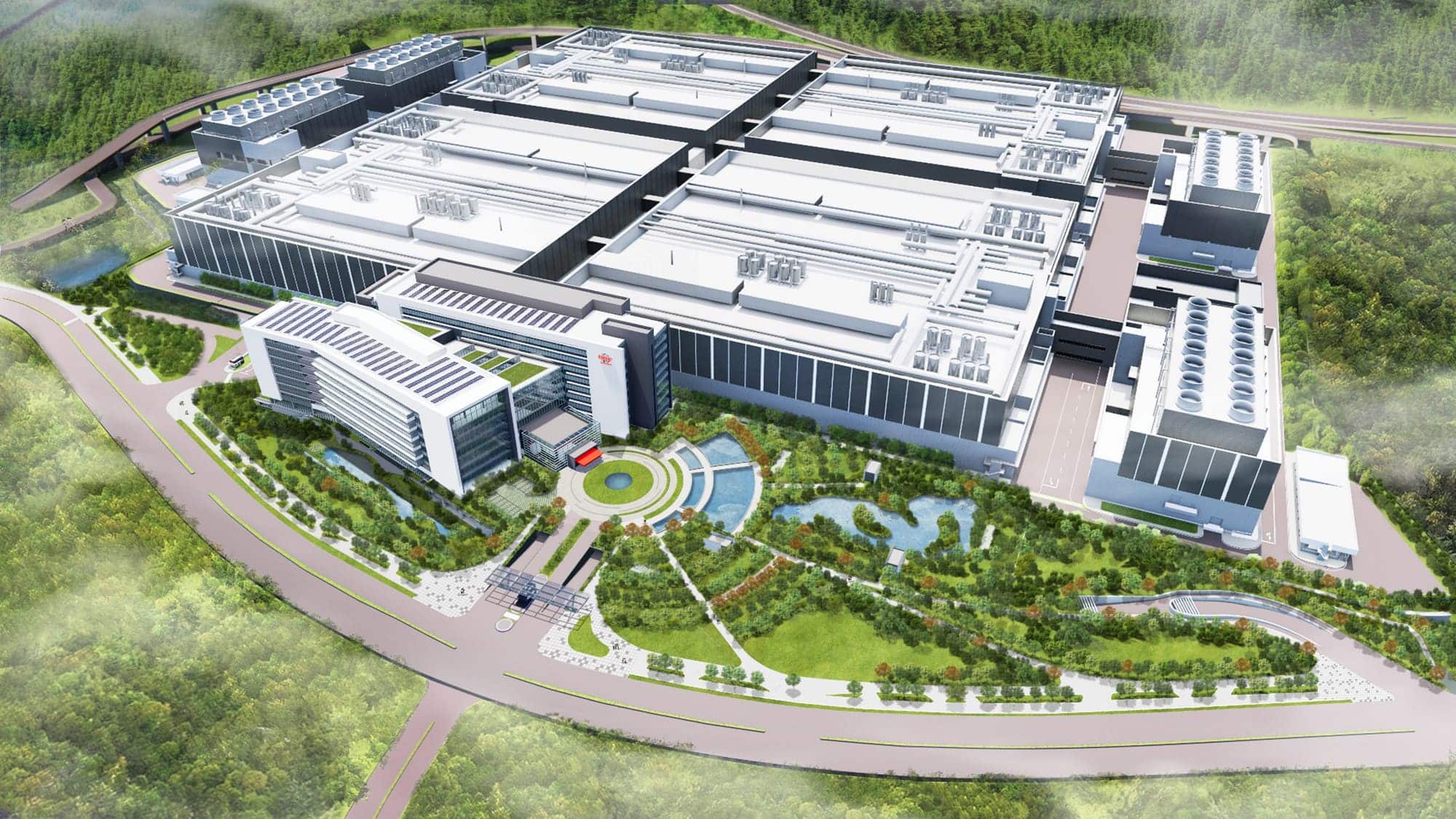Sure! Here’s the translation:
The U.S. bet on technological sovereignty takes a key leap thanks to TSMC’s massive investment and the push from the Trump administration.
The United States is undergoing a transformation of its semiconductor industry. According to a recent analysis by Bernstein Research published by Nikkei Asia, the country could meet up to 50% of its domestic chip demand by 2032, a groundbreaking shift from the 0% of national production reported just last year.
From Dependency to Real "Made in USA"
The shift began with the momentum of the CHIPS Act and has been accelerated by the political and economic negotiations of Donald Trump’s government. One of the most significant actions has been the deal of $165 billion with TSMC, the Taiwanese semiconductor giant, which is now leading the construction of new factories in Arizona. These facilities will not only serve the U.S. market but will also reduce the domestic industry’s reliance on foreign suppliers.
Although Trump’s narrative of making the iPhone in the U.S. has not materialized, the strategy is yielding results in the chip value chain. Companies like NVIDIA have already announced investments of up to $500 billion to relocate the production of their Blackwell accelerators to U.S. soil, taking advantage of TSMC’s advanced nodes (N4P) in Arizona. This move is attracting key suppliers like Foxconn, Quanta, and Wistron, who also plan to establish themselves in the country.
“Made in USA” Chips, but Not for Everything
For now, domestic production will not focus on the highest-performance chips, but rather on mainstream solutions, including critical components for artificial intelligence and data centers. The strategy, however, aims to evolve toward more advanced processes like TSMC’s A16, thus consolidating the technological capacity of the U.S. for the upcoming decade.
AMD, for its part, is contributing to this acceleration by supplying EPYC CPUs, which facilitate the manufacturing of new next-generation chips for TSMC.
Toward Technological Self-Sufficiency
The ultimate goal of the United States is complete self-sufficiency in the manufacturing and supply of semiconductors, a strategic issue amid ongoing technological rivalry with Asia and a global context marked by trade and geopolitical tensions.
While there are still challenges—such as Asian leadership in cutting-edge nodes and the difficulty of relocating the entire supply chain—the trend is clear: TSMC’s presence in the U.S. and the development of new foundries by Intel Foundry are laying the groundwork for a robust and increasingly independent domestic market.
In conclusion, the "Made in USA" applied to the chip industry is no longer just a political slogan. Thanks to historical investments and strategic agreements, the United States is on track to reclaim a key role in global semiconductor production, with Arizona as the epicenter of this new technological era.
Source: wccftech
If you need any further assistance, feel free to ask!

